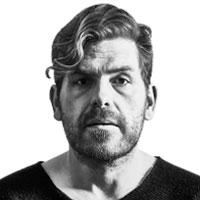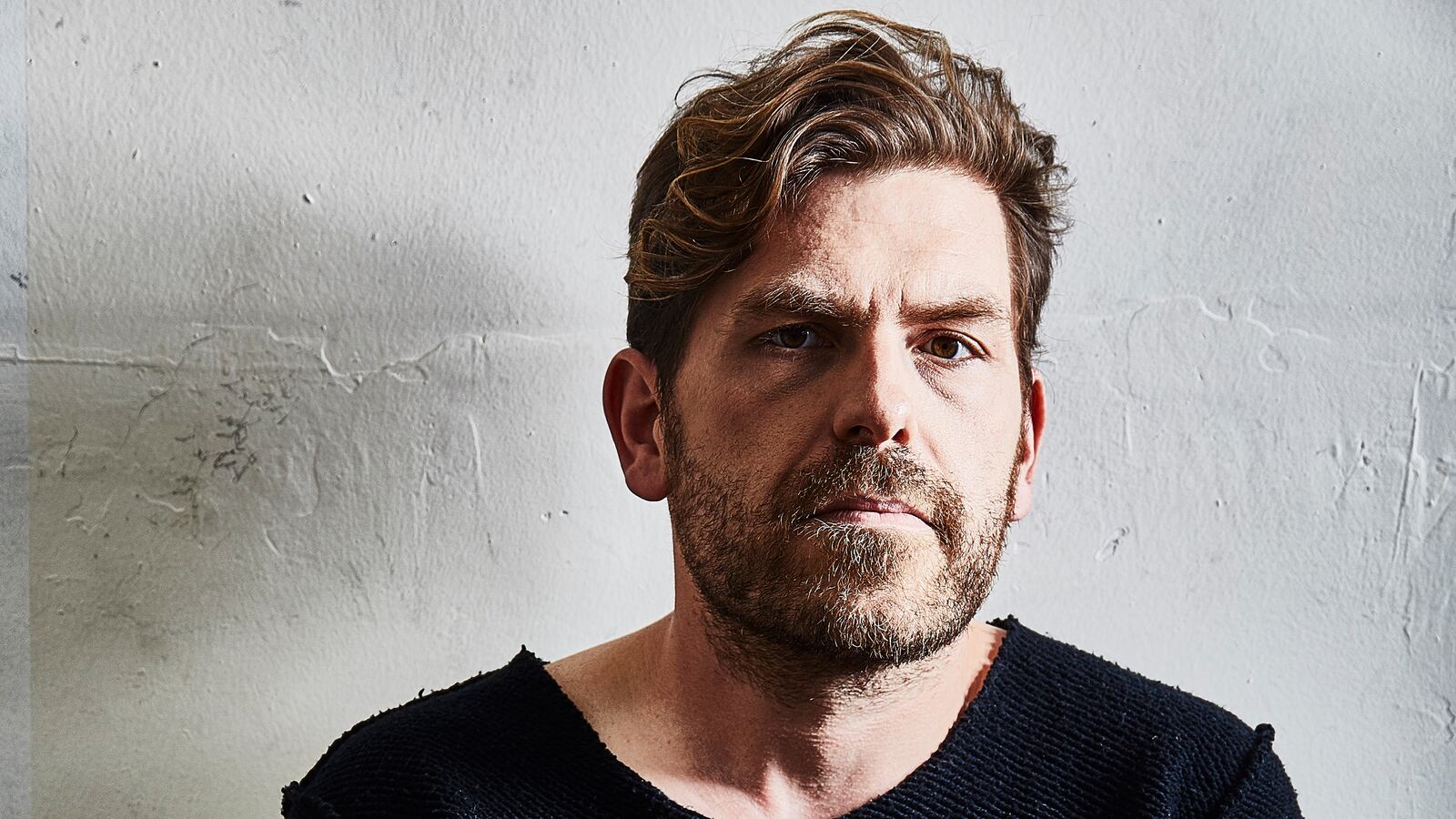Watch the video for “Colonizing Space” (Dir. by Aaron Frison) from Place, Hearne’s new collaboration with Saul Williams, below.
<p><i>On a distant planet </i><i>where the reason landed </i><i>and the folks transparent</i> <i>fourth dimensional </i> <i>libation granted.</i> <i> </i><i>-Saul Williams</i></p>
When I moved to Fort Greene, Brooklyn, Mayor Bloomberg’s third term was careening forward with hubris and the rents were rising. The bodega on my corner started stocking Greek yogurt and when the hardware store closed an oyster bar sprung up in its place. The Times called my new neighborhood the ZIP code with the greatest disparity of wealth in the city. Stop-and-frisk was operating in full force, and sometimes I saw children subjected to an unconstitutional search outside my front window. The year I moved away, a movie star bought a brownstone on my block.
Spike Lee got a lot of attention for his “gentrification rant,” saying people didn’t move to the neighborhood with respect. It wasn’t just that there were demographic changes, but that the newcomers didn’t give any space to the culture that existed before them; they only respected money.
I saw this displacement, of course. It was undeniable. And as a white musician who had recently arrived, my role in the process was undeniable as well. But my complicity didn’t care if I was trying to deny it or not: the forces of racialized property control and anti-Blackness both national and ancestral worked themselves through me just the same. The more I saw my relationship to these generational patterns, the more difficult it felt to disentangle myself.
I wanted to confront these generational patterns the way I knew best—through music. But a white person who can’t decenter whiteness will live in paralysis no matter how mobile or critical they are. I needed to have a conversation.
I reached out to visionary poet Saul Williams, who had lived in Fort Greene in the ‘90s when its population and economy were different, and together we wrote Place. This was a piece of music that took gentrification and displacement as a starting point, and through our very different perspectives on the same places became a dialogue working through us in real time.

Saul Williams
Shore Fire MediaI began to think of my neighborhood as a huge collection of overlapping maps, each drawn from the experiences and locations important to a person who lived there. The overlay was messy but thick: how could this many-dimensional truth be reflected in music?
Along with director Patricia McGregor, we created a piece for BAM in Fort Greene and the Los Angeles Philharmonic. Although this piece was released as an album a few months ago, our live performance was slated to premiere with the LA Phil in March, but it was cancelled (along with everything else) due to the pandemic. So filmmaker Aaron Frison and I took the opportunity to turn Place into a short film, one that could explore some of the more poetic and surreal aspects of the text that could never be fully realized in a staged performance.
The end of Place is called Colonizing Space. Saul’s poetry lifts off the streets of Brooklyn and projects toward the stars. Will we carry our old viruses into a new world? Afro-futurism breathes new possibilities while issuing firm warnings in the context of gentrification.
I asked Aaron how he approached the text and what gave him the idea to create this rich imagery and backstory to accompany the music. He told me:
The epic quality of the music, the voices, Saul’s poetry, all combined to give me the idea. I was aware that the initial intention behind the project, or at least pieces of it, would address gentrification, and though affected by it in a literal sense, I didn’t want to be a documentarian. I wanted to write a story around what that idea meant, to “colonize space.” And also to pull the idea of gentrification a bit away from a political climate and make it more of a spiritual battle, because I see this ongoing struggle as being more about energy than anything else.

Aaron Frison
Shore Fire MediaAaron was very intentional about surrounding singer Isaiah Robinson’s character with the barren desert and all the weathervanes—this mystic character is in the midst of a trial akin to those undergone by Old Testament prophets. Isaiah, singing in the desert, is pleading to his god, or angel, professing his need for guidance.
Says Aaron: “The spiritual crisis contains many nuances. He knows he must fulfill his purpose, he knows he must pass on the trinket, as a symbol for the next in line, somewhat completing a certain stage in his own evolution, and initiating another’s. But I wouldn’t call it a sacrifice, I’d say it’s a test or trial, maybe leading to his purpose. He knows it will be understood before he goes, but yet still he’s still dealing with the nuance of his own special world, a young Black man, pleading for space. In our world, nothing is ever for certain.”
It is such a bizarre twist of serendipity that we’ve had to cancel the live performances. Yet Saul’s work is so deeply spiritual, this video gave us the opportunity to dig deeper into the Afro-futurism embedded throughout Place—a metaphysical lens to see where we’ve been, where we are, where we might be going.
The uncertainty that Aaron mentions running through Colonizing Space reflects not only the literal uncertainty that has accompanied the release of this piece, but the uncertain future of our attempts at justice, including housing equity and environmental racism. But it’s also bigger than all of those things—as Aaron says, this is a spiritual battle.
As a white artist, straight man, father to white children, part of my ongoing spiritual battle is a personal reckoning with my own complicity in these systems of oppression. How can I be a good ancestor? My collaboration with Saul is one aspect of that self-interrogation. His text continues to give me gifts, trials, and challenges. And like great spiritual texts, new dimensions of his words reveal themselves to me as I change, as time goes on. His words feel particularly prescient during COVID and this administration’s abusive policies toward migrants, but as Saul says, “history in cycles.” And now through working with Aaron, Saul’s “fourth-dimensional libation” feels like a cup from the gods.






